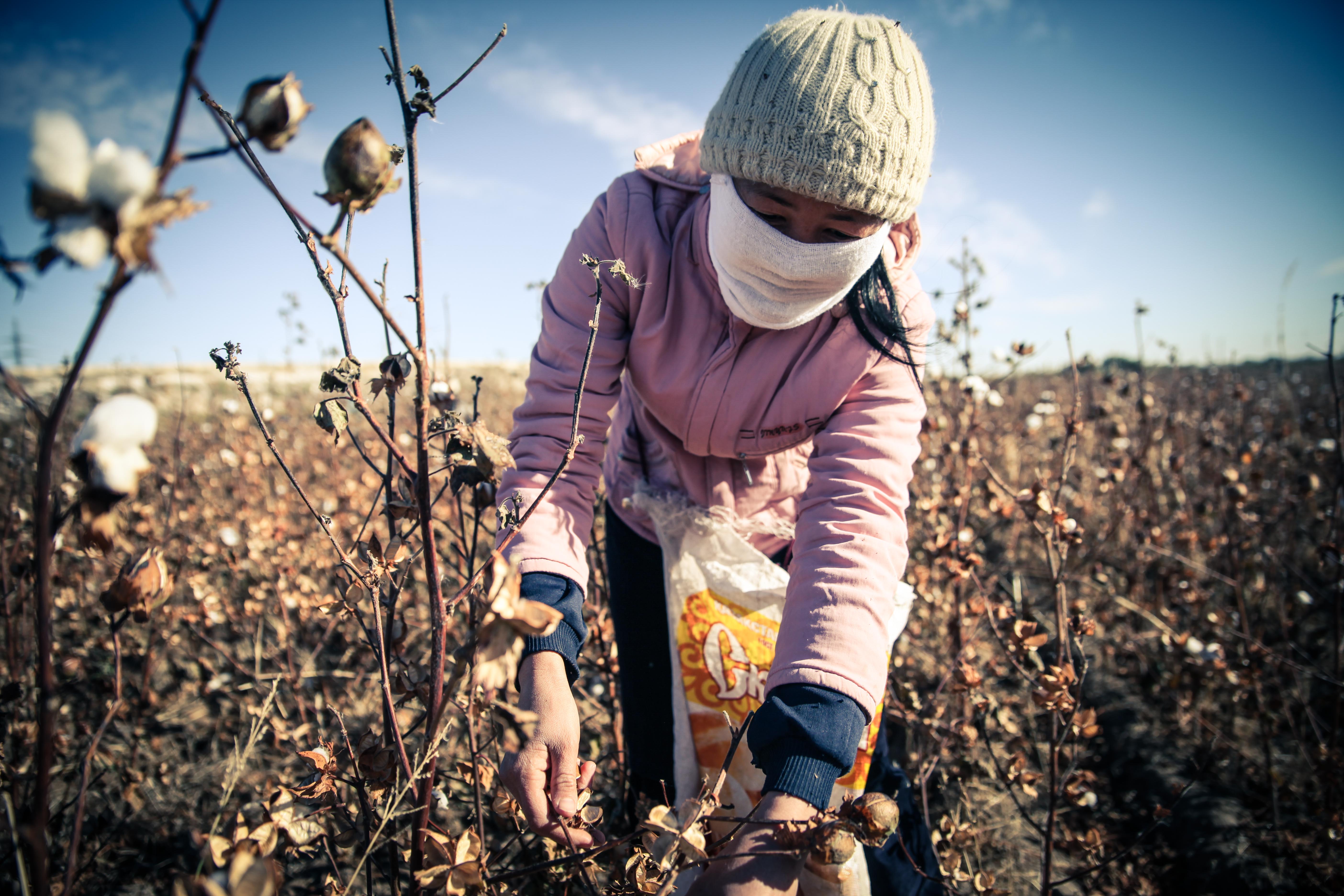(Brussels) – The World Bank is funding half a billion dollars in agricultural projects linked to forced and child labor in Uzbekistan, Human Rights Watch and the Uzbek-German Forum for Human Rights said in a report released today. Under the loan agreements, the Uzbek government is required to comply with laws prohibiting forced and child labor, and the World Bank can suspend the loans if there is credible evidence of violations.
The 115-page report, “‘We Can’t Refuse to Pick Cotton’: Forced and Child Labor Linked to World Bank Group Investments in Uzbekistan” details how the Uzbek government forced students, teachers, medical workers, other government employees, private-sector employees, and sometimes children to harvest cotton in 2015 and 2016, as well as to weed the fields and plant cotton in the spring of 2016. The government has threatened to fire people, stop welfare payments, and suspend or expel students if they refuse to work in the cotton fields.
“The World Bank is giving Uzbekistan cover for an abusive labor system in its cotton industry,” said Umida Niyazova, director of the Uzbek-German Forum for Human Rights. “The World Bank needs to make clear to the Uzbek government and to potential investors that it wants no part of a system that depends on child and forced labor by suspending funding until these problems are solved.
The World Bank’s support for these projects has created the impression that Uzbekistan is working to end forced labor in good faith, when it is not, confusing responsible companies and governments, Human Rights Watch and the Uzbek-German Forum said.
In recent weeks the Uzbek-German Forum found that the government is once again forcing its citizens, including children, to weed the cotton fields and plant cotton as well as plant pumpkins, tomatoes, and other agriculture products.
The country’s new president, Shavkat Mirziyoyev, has promised reform following more than two decades of repressive rule under Islam Karimov, whose death was reported on September 2, 2016. This leadership change provides a good opportunity for concerned governments and international financial institutions to press for comprehensive reforms. Representatives of G20 countries meeting in Hamburg on July 7 and 8, 2017, should ensure that their efforts to support sustainable supply chains and decent work extend beyond factories to farms and press the World Bank to cease funding projects that reinforce abusive labor systems.
The report is based on 257 detailed interviews and about 700 brief conversations with victims of forced and child labor, farmers, and key actors in the forced labor system, leaked government documents, and statements by government officials. Human Rights Watch and the Uzbek-German Forum documented forced and child labor in one World Bank project area and systematic forced labor throughout the cotton sector. They found that it is highly likely that the World Bank’s agriculture and irrigation projects, as well as its investments in education, are linked to ongoing forced labor and that there is a significant risk of child labor as well.

Click on the picture to DOWNLOAD the Report “We Can’t Refuse to Pick Cotton” Forced and Child Labor Linked to World Bank Group Investments in Uzbekistan





